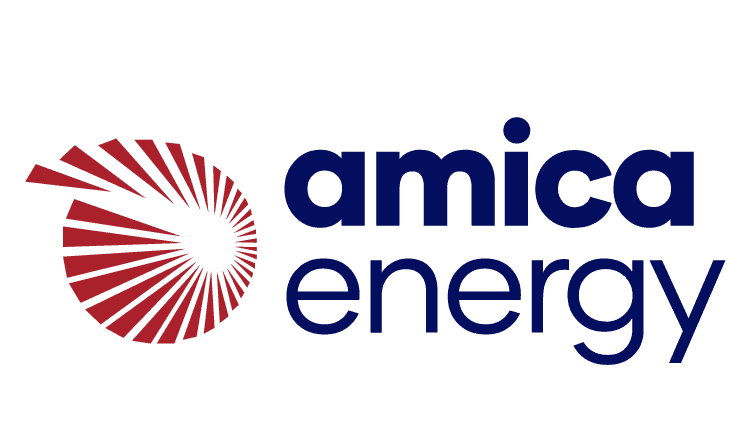Introduction:
The demand for renewable energy is growing. Solar energy has become popular with many homeowners and companies. Solar panels are the most important part of capturing solar energy. In Pakistan, they are also known as solar plates. However, many types of solar panels are available. It can be hard to choose the perfect one. This article will explain the various types of solar panels and how to choose the best one for your needs.
Types of Solar Panels
1. Monocrystalline solar panels
Monocrystalline solar panels are made of a single crystal. This gives them a consistent look and high efficiency. They are renowned for their superior performance and longevity.
Advantages:
- High Efficiency: These panels often have 15-20% efficiency rates. This makes them the most efficient options.
- Durability: Monocrystalline panels have a far longer lifespan, frequently surpassing 25 years.
- Space-efficient: They are very efficient. They take up less room than other types.
Disadvantages:
- Cost: They cost more than other types of solar panels.
- Performance in Shade: They are prone to performance decreases. This happens if even a small portion of the display is darkened.
2. Polycrystalline solar panels
Polycrystalline solar panels are manufactured by melting silicon crystals together. They have a blue-speckled look and are marginally less efficient than monocrystalline panels.
Advantages:
- Cost-Effective: Polycrystalline panels are cheaper to manufacture, making them more accessible to consumers.
- Good performance: They are slightly less efficient than monocrystalline panels. But, they still perform well. Their efficiency rates range from 13 to 16 percent.
Disadvantages:
- Lower efficiency: They need more space to make the same energy as monocrystalline panels.
- Aesthetics: Some people may not find the speckled blue appearance physically appealing.
3. Thin-film solar panels
Thin-film solar panels are made by depositing one or more layers of photovoltaic material on a substrate. The panels are light and flexible. They are ideal for many uses.
Advantages:
- Flexibility: They can be employed in situations where stiff panels aren’t practical.
- Cost: Thin-film panels are often cheaper to manufacture.
- Performance in Shade: They do better in low light. They are less hurt by shading.
Disadvantages:
- Efficiency: Thin-film panels have lower efficiency rates, ranging from 10-12%.
- Space Requirement: They need greater room to generate the same quantity of energy as crystalline panels.
- Lifespan: They have a lower lifespan than crystalline panels.
How to Select the Right Solar Panel
When choosing a solar panel in Karachi or any other area of Pakistan, consider the following aspects.
- Efficiency
Efficiency is an important consideration when selecting solar panels. It indicates how well a panel turns sunlight into electricity. Higher efficiency means more power in less area. This is especially essential if you have a small roof. Monocrystalline panels typically have the highest efficiency, followed by polycrystalline and thin-film panels.
- Cost
Your budget will be a big factor in your decision. Monocrystalline panels are more efficient, but they also cost more. Polycrystalline panels balance cost and efficiency. Thin-film panels are the cheapest but least efficient.
- Space Availability.
The amount of available area for installation will influence your decision. If you have plenty of room, you may choose less expensive, less efficient panels. These can be polycrystalline or thin film. However, if space is restricted, high-efficiency monocrystalline panels are a preferable choice.
- Aesthetic
For some homeowners, the appearance of their solar panels is crucial. Many people choose monocrystalline panels because of their sleek, black appearance. Polycrystalline panels seem blue and speckled. Thin-film panels come in many colors and finishes.
- Climate and Location
Consider the weather and the site where the panels will be put. Thin-film panels perform better in hot weather and low light. They are ideal for areas with less steady sunlight. Monocrystalline and polycrystalline panels are better suited to places with abundant, steady sunshine.
Understanding Solar Panel Efficiency
What is the efficiency of solar panels?
Solar panels’ efficiency is the percentage of sunshine that becomes usable electricity. For example, a solar panel with a 20% efficiency converts 20% of the sunlight it receives into electrical energy. Efficiency is affected by factors such as material quality, manufacturing techniques, and technology.
How to Assess Solar Panel Quality
To guarantee you choose high-quality solar panels, examine the following tips:
- Brand Reputation: Pick panels from well-known manufacturers. They have a history of quality and reliability.
- Certificates: Look for certificates from known standards groups, like IEC, UL, or TUV. They show that the panels meet global quality and safety rules.
- Warranty: A good warranty lasts 25 years for performance. It shows the manufacturer trusts their product.
- Efficiency Ratings: Compare ratings from various manufacturers. Higher efficiency panels produce more power over their lifetime.
- Customer Reviews: Read other customers’ reviews. Learn about their experiences with the panels.
Conclusion
Choosing the best solar panel for your home requires balancing efficiency, cost, and space. You must also consider aesthetics and climate. In Pakistan, solar energy is becoming more important. Recognizing these factors might help you make an informed choice.
Monocrystalline panels are the most efficient and durable. They are perfect for people with limited space and a larger budget. Polycrystalline panels are a low-cost option. They have great performance. Thin-film panels are best for flexible, cheap applications.
You need to understand the many types of solar panels. Then, consider your home’s needs. This will allow you to choose the best solar panel in Karachi or anywhere else in Pakistan. Are you looking for the best solar plates in Pakistan? Or do you want to learn how to check solar panel quality? This article will help you make the best decision for your solar energy needs.
